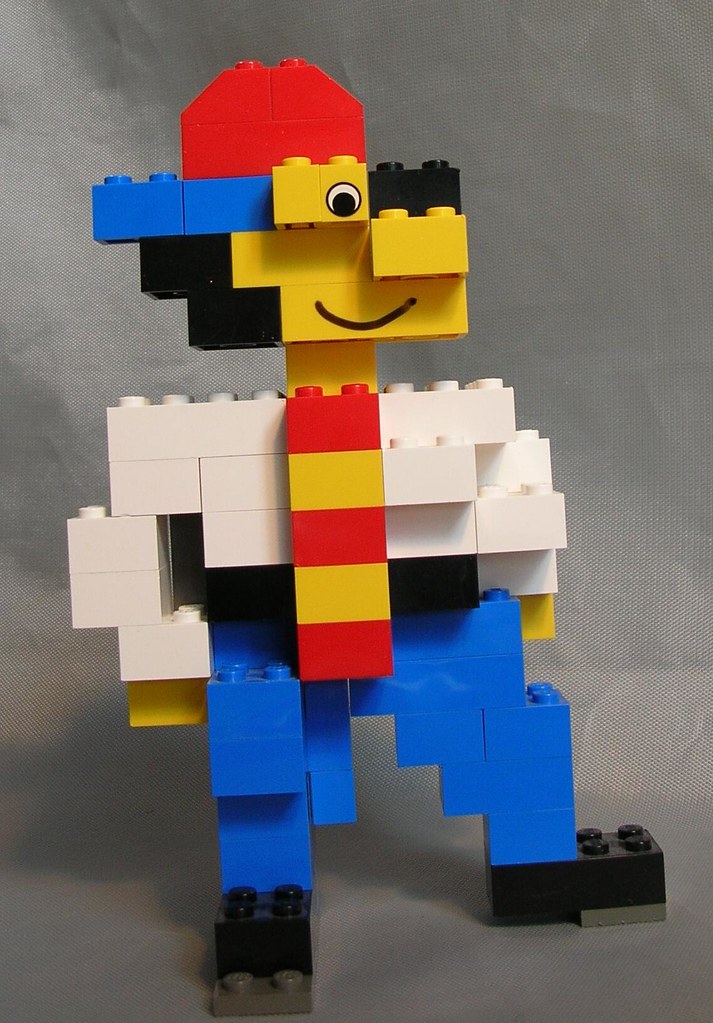 The next web, the one that really counts, will connect us all via the real time expression of intent through meta data.
The next web, the one that really counts, will connect us all via the real time expression of intent through meta data.It will find ways for us to find each other through the things we find interesting. It will automate, cut down technical barriers and be available to all.
And the way we will cut through the unimaginable clutter of everything everyone finds interesting is to focus on the real time and focus on intent.
The more we can make relevant, intent related connections, the more value we bring to the network (for example, communities of purpose vs focus groups)
The first step is to connect in ways in which you can express your real time intent to others. All others.
That requires a simple ability to connect, a ubiquity of connection and perhaps (in the first instance) a focus less on the human expressing the intent and more on the meta data (content) being expressed.
Zemanta is giving us an intro to this right now: Less who is friends with who?, more what is interesting to who?
It is what the semantic web seeks to achieve, taking us beyond the node-focused world of social networks and towards the meta data (connections) of the networked world.
So we shift from focusing on social networks as some kind of goal towards a mission to enable our transformation into global digital social beings, constructed from and expressed as meta data across a silo-free web.
But for all this, we must not lose sight of the human.
Ideas don't act, humans do. It is our discussion of ideas that leads to the creation of new ones, new action and new value.
But in so much as we exist on the web, it is as a bundle of ideas which we choose to express or which are bundled with us through our interactions with others. Hence the initial focus on meta data. Hence the ever-deconstructable, reconstructable Lego Man. (image courtesy freezelight)
The next web has to retain the sovereign self while acknowledging the multiple complexity of that self.
Content, metadata, can and should seek out related ideas, provided those ideas come with a human attached.
Focusing on real time expression of intent of course misses a cornucopia of value stored in latent, indirectly expressed intent, which when shared will add thousands, millions more nodes to the potential communities of purpose that could form.
But let's see how we handle expressed intent first.
I'm meeting with citizensonline.org later this week with a view to joining as a trustee. It's mission is to add nodes to the network.
And really, this post has been about reminding myself about what is valuable in that endeavour.
But it's also my expression of metadata on these themes. I await the connections it makes with both interest and purpose...

![Reblog this post [with Zemanta]](http://img.zemanta.com/reblog_e.png?x-id=22d6cfda-f17e-4a3a-ab75-224a58d508c0)
I'm not sure I see the way you can bridge the meta Vs Node gap if the human is so important - human meta? MEta - some kind of descriptive tags of my intent?
ReplyDeleteInteresting stuff though
I am confused by the distinction you are trying to make between "ideas" and "humans" -- ideas or obviously very powerful. Contributing an idea can do more to change the (world, society, government, company, fill in the blank) than an action -- what do you mean by "retaining the sovereign self?" What would it look like for the "self" to be absent?
ReplyDeleteHi both. By sovereign self I mean in the sense that Doc Searls used it in relation to blogs. I think we need to retain a core bundle or metadata which represents us (as a sovereign individual), and this is ours and ours alone. It is whatever the blog becomes when it represents all our thoughts across all silos.
ReplyDeleteThis then represents the 'human' that comes attached to the idea.
How would this function in the abscence of the human bundle? A great question Ted. One that asks 'can ideas be distributed and reassembled without the involvement of sovereign selves.'
Can ideas as bundles (a Hegelian concept, If memories of undergraduate philosophy serve) help us toward a less individual and more communal relationship with both thought and ideas?
A very big question and one I certainly can't answer alone :-)
Maybe since online we definitely and definitively ONLY exist as a bundle of ideas and concepts, it is the digital space which will allow us to explore?